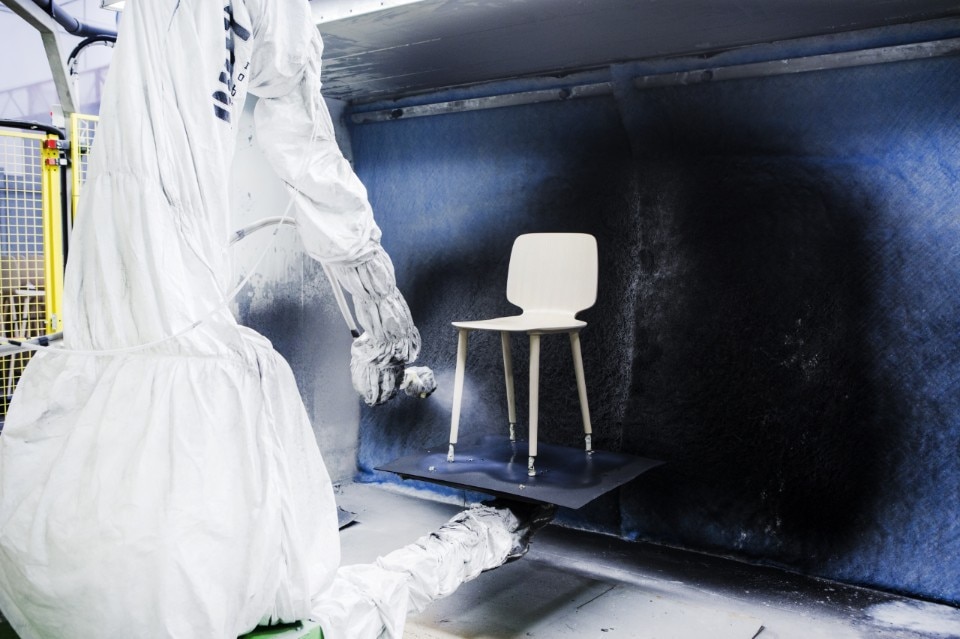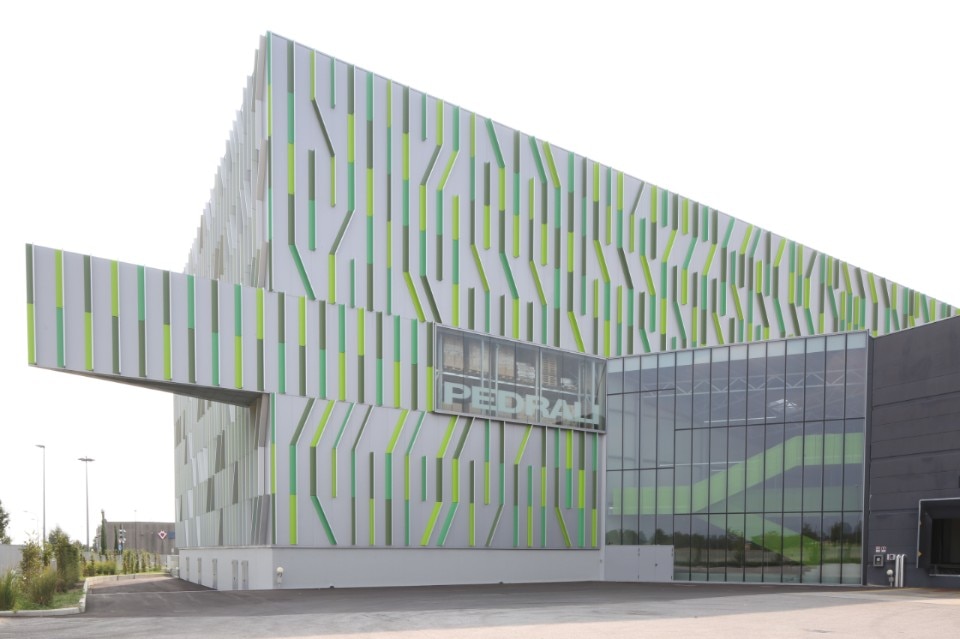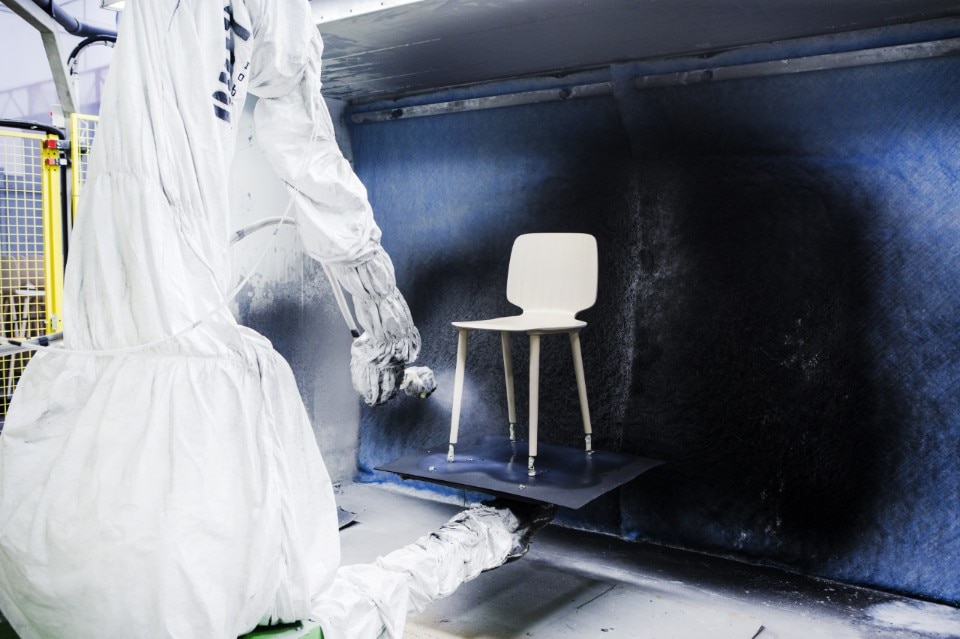Reduced emissions, renewable sources, durable products, recycled raw materials, resins of vegetable origin. These are just some of Pedrali’s key features. Pedrali is a Bergamo-based home and contract furnishings company founded in 1963 by Mario Pedrali. Nowadays, Pedrali exports to more than 100 countries and makes sustainability one of its strengths. Production is entirely carried out in the two production sites of Mornico al Serio and Manzano, controlling the entire supply chain down to the smallest detail. This and more has been discussed with CEO Giuseppe Pedrali to assess how the pandemic has impacted the design industry and to focus on the challenges of tomorrow.
How was 2021 and how is 2022 going?
2021 was a good year. From March onwards we have returned working with pre-pandemic numbers. From September onwards we have taken part in several exhibitions, such as SuperSalone and Host. The year ended positively, almost with the same numbers as in 2019. We completed several important projects, such as La Mamounia hotel in Marrakech, refurnished with the Ester collection designed by Patrick Jouin, or the Raffles hotel in Singapore. 2022 has started with all the problems we all know: after the pandemic, critical issues relating to energy and raw materials have intensified. In addition, the war has made things more complicated, but we have nevertheless seen a great desire to restart the markets. In recent weeks, Pedrali has been committed to supporting Ukrainian customers and families.
What does sustainability mean for Pedrali?
Sustainability is part of our identity, our DNA. We are an in-house manufacturing company and we have always invested in technology and innovation within our factories. We design our products to be durable, from a construction point of view but also able to withstand the test of time. Our furniture is designed to be easily repaired after 20 years of use and easily disassembled at the end of its life. We are constantly investing in technologies to make our products in the best possible way trying to limit our environmental impact as well. We have been awarded several prizes: in addition to receiving the Compasso d’Oro award, the Frida chair was honoured during the European Sustainable Development Week.

The automated warehouse designed by Cino Zucchi in Mornico al Serio is part of this philosophy.
It is a space designed down to the last detail, it is devoid of people but occupied only by machines, which run on low-consumption inverter motors. As well as being flexible, precise and fast, they reduce our environmental impact. It is a large automated machine that works 24 hours a day. All the energy we use is derived from renewable sources or produced by our own photovoltaic systems which we are completing and adding to. What makes the difference are the certifications issued by specialised bodies verifying what we say: 9001 and 14001 are fundamental, as is the Carbon Footprint, which we have been measuring for four years now.
Are these certifications useful in defining goals and improvement strategies to meet today’s environmental challenges?
Yes, they certainly are. Especially when it comes to understanding our impact on the environment and making sure it is better than in the past and compared to market standards. Working totally in-house, from metalworking to woodworking and plastics, allows us to have a short supply chain and monitor energy use while minimising waste. This way we can be aware of our impact, so we can calibrate all the investments to improve the facilities: they should not only be more productive but reduce environmental impact too.
What are the main challenges for the future?
We have invested a lot in research and development of new materials. Last year, for example, we presented a recycled plastic: a polypropylene made from 50% post-consumer plastic and 50% certified industrial waste. As with our wood, which is verified and controlled every year by FSC. We are obtaining ReMade in Italy certification for our plastics as well. Certifications are fundamental, they are additional costs for a company, but they are valuable: they help prevent the spread of greenwashing.








